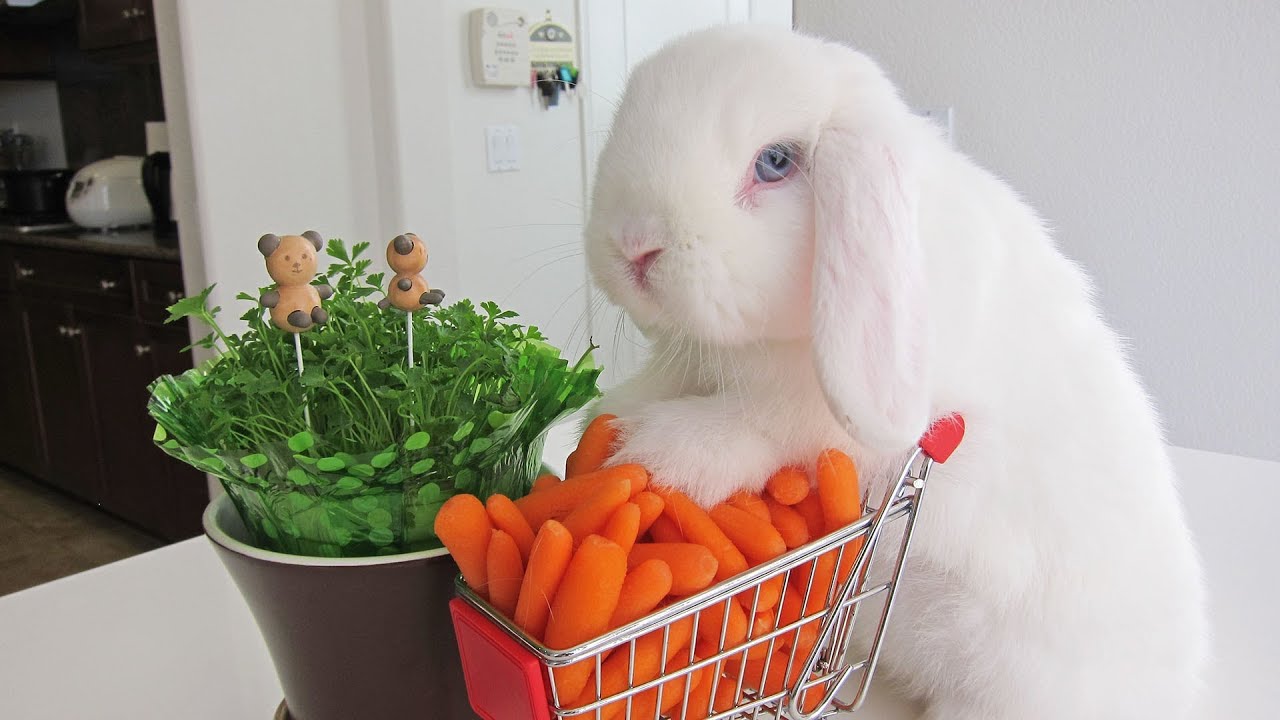Farm Ranch
A New Farmer’s Guide to Choosing the Right Livestock

If you’re thinking about becoming a farmer, you might be tempted to head straight out and get yourself some livestock to start earning your keep as soon as possible. But if this is your first foray into raising animals, you may want to think carefully before choosing what kind of animal you start with — it could well make the difference between financial failure and farming success! For those looking to learn how to start a farm, here’s an overview of the different kinds of livestock available to new farmers, including their pros and cons, as well as helpful tips on raising each kind effectively.
Chickens
Choosing chickens for your farm is one of the easiest and most practical livestock choices. They are friendly, easy to care for, and will provide you with fresh eggs every day. Here are five things to consider when deciding which chickens are best for your new farm:
-What other animals do you want on your farm? If you already have a flock of ducks or geese then a few hens will be a nice addition. If you have a horse or cow, then some roosters might be right up your alley.
-How many eggs do you need each day? The more chickens, the more eggs—but also more poop! If all you need is one egg per day (or less) then 2 or 3 hens should suffice.
-If space on your property is limited, don’t worry too much because there are miniature breeds that take up much less space than traditional large fowl breeds.
-If you plan on butchering your chickens, then you might want to look into specific breeds that grow larger or smaller than others. This will make it easier for you if space is limited or if your customers prefer certain sizes of poultry.
-If you plan on showing your chickens at county fairs or other competitions, then there are a variety of chicken clubs that can help you choose a breed based on its unique characteristics. If you want eggs, easy care, and plenty of friendly pets then look no further than chickens!
Sheep
Here are some considerations when choosing between sheep or other livestock:
– Sheep are generally easier and cheaper to care for than cows or pigs.
– Sheep don’t need as much space as other types of livestock because they’re quite small.
– They don’t produce as much manure, which means that they’ll produce less ammonia (which can cause respiratory problems).
– You also won’t have to worry about purchasing expensive feed like you would with cows.
On the downside, you may not be able to make as much money from sheep if you want to sell their wool on the open market. It also might take a long time before you get back what you invested in them. Overall, though, sheep seem to be better suited for beginners and those looking for an animal that requires less space and attention overall.
Goats
If you want livestock that is easy to care for and can produce both meat and dairy, goats are a great option. They eat mostly hay and grass, which means they require less food than cows or sheep. Their meat is lower in fat and cholesterol than red meat, so it’s a healthier option. Plus, their milk is higher in fat and calcium than cow or sheep milk – so if you’re into cheese-making or yogurt-making, this may be the right choice for you.
Cattle
If you want a steady supply of milk and meat, cattle are a great option. Cattle are easy to raise, can be fenced in relatively cheaply, and do not require much space. However, they also need to be fed every day and will take a lot of time to care for them. On average, you’ll need at least 2 acres of land for just one cow or five acres if you have more than one. The same goes for goats. You’ll want about 1 acre of land per goat. For sheep, you should allot about 1/2 an acre per animal. Horses take up even more space – about 10 acres per horse – but are often cheaper than other livestock options because hay is cheaper than most grains and they require less feed overall because of their larger size. They are also very low-maintenance and make good pets. Pigs, on the other hand, need only about 1/4 acre per pig, which means that someone with 3 acres could keep nine pigs without any problem whatsoever. They’re smart animals that don’t eat much and provide many benefits including fertilizing your garden.
Rabbits
The downside is that rabbits have delicate constitutions and can succumb quickly to illness or predators if not properly cared for. They do well in cold climates, however, which means they might be a good choice for someone living in a colder region of the country who wants to raise livestock but doesn’t want to deal with cattle feed. Rabbits are also easy and inexpensive to care for, require less space than other animals, and produce a lot of meat relative to their size–all great benefits!
Read Also :
How to Pick the Perfect Goat: Tips and Suggestions
How to become a cattle rancher
0 Comments
Leave a Reply
Cancel reply
Farm Ranch
What to Look for During a Quick Rabbit Inspection Before Selecting

If you’re thinking of adding a rabbit to your family, it’s important to do a quick inspection of the rabbit before selecting them. During this quick inspection, there are several key elements you should look for to ensure that you’re selecting a healthy and happy bunny. These elements include body condition, coat quality, eyes, ears, teeth, and behavior. By taking the time to properly inspect a rabbit before selecting it, you can rest assured that you are making the best decision for both you and your new furry friend.
Farm Ranch
Know Your Rabbit’s Mood and Behavior

Do you have a pet rabbit? Are you curious about its moods and behaviors? If so, you’re not alone! Knowing your rabbit’s mood can help you to provide better care and understand their needs better. To help you get started, this blog post will provide you with the tools and tips you need to become bunny-savvy and learn how to identify when your rabbit is feeling fear, anger, or happiness. So let’s get started and learn more about how to know your rabbit’s mood!
Farm Ranch
The Hoppy Food Pyramid: Essential Nutrients for Your Rabbit’s Diet

For rabbits, feeding a well-balanced diet is essential for maintaining their health. To ensure that your rabbit gets the right balance of nutrition, it’s important to follow a food pyramid for rabbits. Feeding rabbits on coarse feed is key, as it ensures that they receive the necessary amounts of fiber and carbohydrates. The hoppy food pyramid is a great way to make sure your rabbit gets all the essential nutrients it needs for a healthy diet. It’s also important to give your rabbit plenty of fresh vegetables and fruits to supplement their diet. By following the hoppy food pyramid, you can ensure that your rabbit gets the right nutrition and stays healthy.
Trending

 Cats1 year ago
Cats1 year agoDon’t Feed Your Cat These 8 Foods!

 Cats8 months ago
Cats8 months agoWhy Do Cats Spray and How Can You Stop Them? Insights into Urine Spraying in Male Cats

 Dogs2 years ago
Dogs2 years agoSo You’re Thinking About Getting a Poodle

 Birds1 year ago
Birds1 year agoThe Perfect Blend for Your Birds: Birds and Blend

 Cats8 months ago
Cats8 months agoPre-Vaccination Prep: Getting Your Cat Ready

 Horses1 year ago
Horses1 year agoDon’t Go Horse Shopping Without Checking This Dressage Horse Shopping Checklist First!

 Cats7 months ago
Cats7 months agoThe Ins and Outs of Cat Sterilization: Removing the Female’s Ovaries

 Cats7 months ago
Cats7 months agoWhy Kittens are Born Dead or Deformed


















Pingback: How livestock farming affect the environment - Gentel Life Plus
Pingback: 5 Tips to Keep Your Cattle Healthy This Monsoon Season